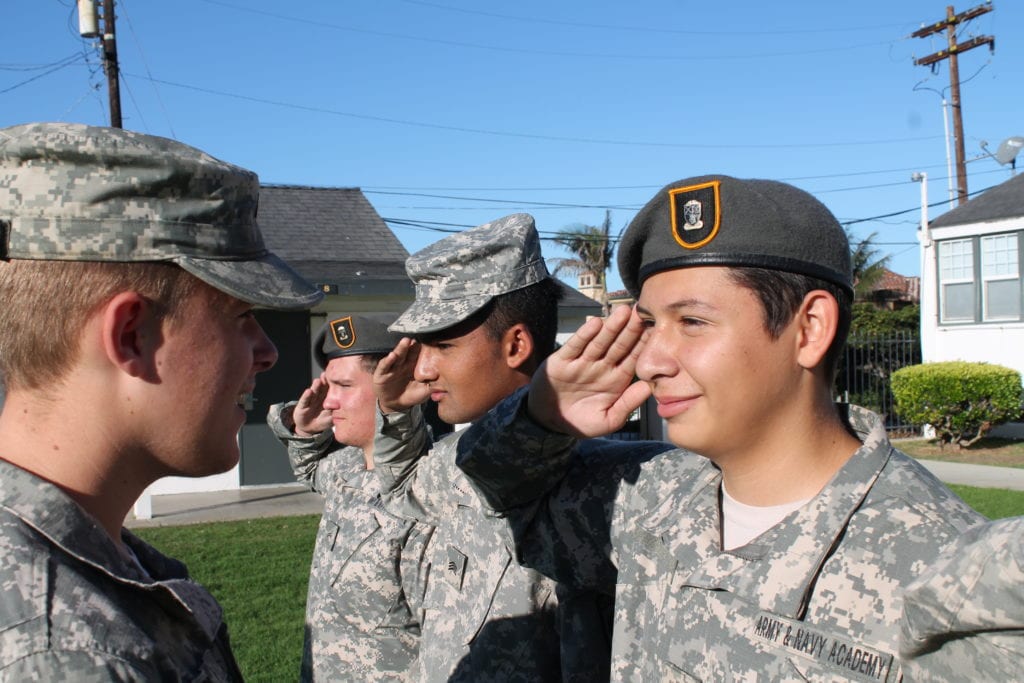
In the wake of the 2002 national “No Child Left Behind” educational initiative, it appears plenty of children have been left behind when it comes to developing character, morality, and ethics as standard behaviors.
A 2012 nationwide survey of 23,000 teenagers conducted by the Josephson Institute of Ethics, reported that nearly six out of ten respondents believe successful people do what they have to do to win, even if it involves cheating. Slightly more than half those being surveyed admitted to cheating at least once on an exam. One out of four believed it was okay to threaten or strike somebody when angry.
A veteran teacher and author on educational topics, Paul Barnwell, described the problem and its root causes in an article, “Students’ Broken Moral Compasses,” in the July 2016 issue of The Atlantic magazine. He had asked a class of high school juniors what they would do if their boyfriend or girlfriend committed a felony crime in which other people were seriously harmed. Would they report the incident and turn that person over to the police? Not one of them said they would “snitch,” thereby indicating they had no concern whatsoever about who was being harmed.
“The pressures of academic standards have pushed character education out of the classroom,” he wrote, noting that the “No Child Left Behind Act” demanded that all public schools achieve 100 percent proficiency in reading and math for each grade level by 2014, That emphasis, Barnwell wrote, elevated standardized testing above other curricula. “High schools are under pressure to produce students who are ready for college, defined as simply reaching benchmark scores in reading, English, and math on the ACT.”
 Ironically, the character gap in most schools ignores the relationship between character education and academic achievement. According to studies cited by the Army and Navy Academy, there is a strong correlation between students who have learned character-based qualities and academic achievement. Students with good character traits tend to ask more questions in the classroom, are harder working, and score higher on achievement tests.
Ironically, the character gap in most schools ignores the relationship between character education and academic achievement. According to studies cited by the Army and Navy Academy, there is a strong correlation between students who have learned character-based qualities and academic achievement. Students with good character traits tend to ask more questions in the classroom, are harder working, and score higher on achievement tests.
Yet another likely constraint to character education is a belief on the part of some educators that schools need to be “value-neutral” to avoid legal problems. Dr. Steve Ellenwood who heads up Boston University’s Center for Character & Social Responsibility, points out there is legal precedent for teaching about religions, character, and ethics while not imposing any set of beliefs.
Beyond school classrooms, there are character education resources that parents, grandparents and other adult role models, along with after-school programs, faith-based institutions, and other outlets can use to instill basic moral and ethical values in teenagers, including the following suggestions:
1. Teach moral intelligence. Use situations and circumstances that arise in everyday life to teach the difference between right and wrong. Begin early.
2. Set standards. Parents have the largest influence in setting their teen’s moral compass by setting rules and standards at home.
3. Model moral behavior. The “do as I say, not as I do” adage never works in developing character in young people. A writer on the subject, Kathryn Hatter, writes, “Part of the process of instilling morals and values in a teenager involves not only talking about (moral behavior), but showing it as well….”
4. Face to face. Talking to a teen is a way to gauge where his or her moral compass is pointing to as well as to help the teen develop or adjust his or her compass. Adults can break the teen’s habit of grunting one-word answers to adults’ questions by asking questions that prompt more communications. For example, “What would you do if your friend wanted to copy your test?” or “Do you ever feel like your friends get to do stuff you can’t?” Such conversation starters can help the teen think about certain things and how his or her moral compass will dictate a proper response.
5. Promote compliance. Encouraging children and teens to respect authority and follow social rules that govern behavior is integral for a child’s overall success, according to Rutgers University Sociology professor and author Dr. David Popenoe.
6. Correct mistakes. Teenagers will make mistakes trying to live by a moral compass. The Empowering Parents website suggests approaching the mistake calmly and with a good dose of common logic will help an adult teach a teenager effective lessons about cause and effect and consequences
7. Recognize autonomy. Respect the fact that the teen has the right to have minor differences as long as the moral compass is on track.


